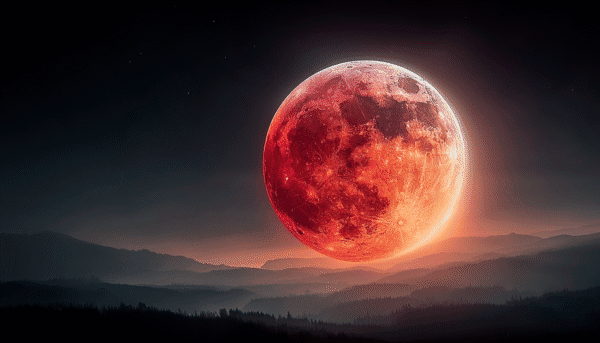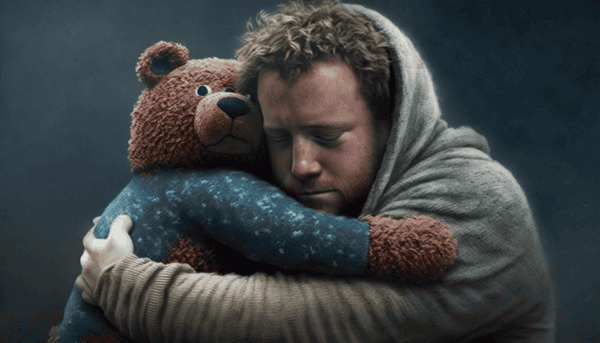Last weekend, the “Heal the Heart” retreat took place. During the retreat, there were four channelings from Tohar, all centered around the wounded heart and its healing. On the surface, the topic isn’t new – but as often happens, Tohar presents things with remarkable clarity and usually offers a piece of insight that sharpens our understanding of the processes we go through and their deeper significance.
In the second channeling, which focused on pain, Tohar offered a new (at least for me) explanation of why it’s so important to heal the emotional pain we sometimes feel and so often resist feeling.
For those who wish all this pain would just be over already, and who avoid opening up emotional wounds, it may be worthwhile to read Tohar’s words:
“Pain is what you feel when love disappears all at once. Imagine a space in which you exist, and suddenly – for one reason or another – love is no longer there. What you experience as pain is the sudden absence of love.
“If someone made you a promise and didn’t keep it, love disappeared in that moment. If that person was very significant to you – if, for example, they raised you – and what they were supposed to give you was not given, then you experienced the departure of love.
“If what you needed was a hug, and what you received was a scream, then you experienced the departure of love along with blame. In such a case, the pain becomes distorted. Not only are you feeling the absence of love, but the experience becomes one that says – ‘It’s my fault’.
“Imagine pain as a row of bricks. The belief or feeling that says ‘It’s my fault’ is the mortar that binds those bricks together. And the more such events repeat themselves, the more love disappears and you’re blamed – those bricks become a wall, and the wall grows taller, thicker, and your heart becomes more hidden.
“When you engage in healing the heart, you must first acknowledge the wound. And in one way or another, at some point, after you’ve given validity to the understanding – to the simple truth that you were hurt – you must allow a gentle emotional movement into the deeper layer of the pain itself.
“This is the place you usually can’t stand to be in – and you will go to great lengths to avoid feeling it. But agreeing to enter the pain is important, because within the pain lies the memory of the love that left.
“You need that memory in order to come home – to reconnect with love, to better recognize in your day‑to‑day life when people love you and when they don’t, what is a loving attitude and what isn’t.
“When you heal the pain, you’re left with the memory of love. And reconnecting to that memory opens the door to new love – to more respectful relationships, to fairer responses, to partnerships, to a different world.
“Very often you don’t understand why it’s worth feeling this pain, which may feel as though it will never end. This is the reason – inside the pain is the memory of the love that left. And you need to remember that love so you can stop settling for less, so you can begin to demand it from yourself and from the world around you – to better recognize the kind of treatment you truly deserve, and to offer it more to yourself, to others, and to receive it from those who can truly give it to you”.



